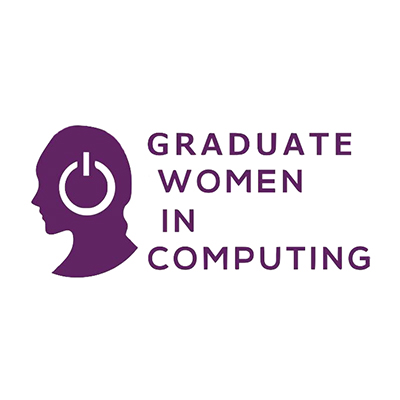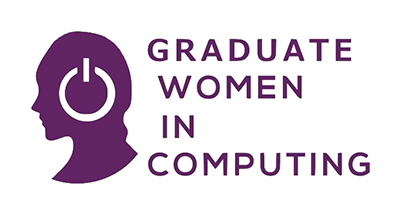
With women making up less than 30 percent of graduate students in computer science at the University of California San Diego, the group known as Graduate Women in Computing (GradWIC) on campus is looking to beef up its academic mentorship program. To that end, GradWIC will receive a $5,000 Amplification Award from the National Center for Women and Information Technology (NCWIT), co-sponsored with Google.org and the Association for Computing Machinery’s Council on Women in Computing (ACM-W).
The award comes out of the NCWIT-managed Student Seed Fund, which supports the growth of campus women-in-computing groups at different stages of development and of varied institutional sizes.

third-year CSE Ph.D. student.
According to organizers, Amplification Awards are tailored to help groups expand their impact through existing and new programs on their campus and in their geographic region. The UC San Diego GradWIC chapter’s approximately 30 current members will also have the opportunity to mentor an emerging WIC group at another institution.
“With this new funding, we plan to develop a mentorship program for graduate and undergraduate students in order to strengthen the support network available for students, especially women, in the Computer Science and Engineering [CSE] department,” said third-year Ph.D. student Ailie Fraser, current president of GradWIC. “We also plan to pair mentors and mentees based not just on their technical interests, but mutual social interests as well, because a strong social network is critical to academic and eventually professional success.”
“Mentoring is a critical piece of community building and student success, particularly for women and other students who are underrepresented in computer science,” observed CSE Professor Christine Alvarado, GradWiC’s faculty mentor. “It's more difficult for these students to naturally connect with others who may share their experiences in the field because they are in the minority. This award not only helps GradWIC build these important mentoring relationships, but also serves to recognize GradWIC's strong leadership.”
Alvarado notes that the award will help build ties between the women graduate and undergraduate students in CSE – “something that the two groups have been talking about for awhile, so It's exciting to see it happening.”

In addition to its current members, GradWiC hopes to recruit more mentors from the broader CSE department, pushing the number of mentors to 40 or more. Observed second-year Ph.D. student and GradWIC event coordinator Antonella Wilby: “With each mentor advising one or two students, the program could involve and benefit as many as 100 students at its inception this winter and spring.”
Starting in fall 2017, the mentorship program will also actively reach out to newly-arriving CSE students to pair them with mentors at the very beginning of their academic careers.
“We intend for this to be a sustained effort that is an integral part of our department’s culture,” added GradWIC’s Fraser. “In a few years’ time, we should be able to reach the majority of graduate students and a large percentage of undergraduates through the program.”
Since 2011, the NCWIT Student Seed Fund has invested over $300,000 in more than 150 student-run programs for women in computing at non-profit, U.S. academic member institutions nationwide. Programs have included programming workshops, tech summits, peer mentoring and support, professional training, after-school programs, and the creation of multimedia materials — all aimed at increasing recruitment and retention of women and other underrepresented groups in computing.
“Student computing groups are an important component of the undergraduate experience and should not be overlooked or undervalued,” said NCWIT CEO and Co-founder Lucy Sanders. “These student-led efforts serve as a foundation of encouragement and support for aspiring technical graduates and professionals.”
At UC San Diego, only roughly 20 percent of CSE undergraduate students are women. At the graduate level, women make up 29 percent of the student population in the department. The existence of groups such as GradWIC, as well as Women in Computing at the undergraduate level, generally help campuses increase women’s confidence and enjoyment of their technical studies. Such groups also help reduce feelings of isolation, dispel common myths and stereotypes, and empower students to actively recruit and mentor other women.
The National Center for Women & Information Technology is a non-profit community of more than 850 universities, companies, non-profits, and government organizations nationwide working to increase women’s participation in computing and technology.
Related Link

